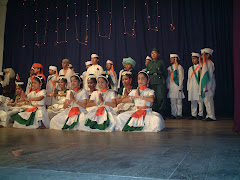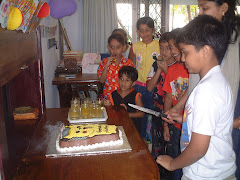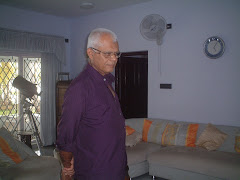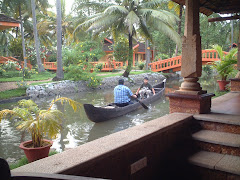Media is assumed to be an independent and fair entity in a democratic state. In reality, to what extent is this basic belief in its objectivity justified?
Ideally media serves as a spotlight that shines on matters that have a significant bearing on society. Thus at its outset itself media is invariably linked to the society that it caters to. Any pluralistic society has within it, majorities and minorities whose aspirations and fears should be sufficiently reflected in the media but adequate representation actually ensures that the majority view is heard loudly and more clearly over that of the minorities because the nature of the society itself demands that. Giving equal space to all voices, when the societal makeup does not reflect such a situation leads to a skewed view. Thus an essential requirement for the proper functioning of the media is to mirror the diversity of the community it represents in proportionate amounts. The initial notion of an egalitarian and united agenda must be cast aside. This is true only of media that is accessible to all. National newspapers usually belong to this category.
In this age of specialization, the target audience of the media has shrunk. So we now have small groups sponsoring media to make sure their issues are given prominence. For example, the upper middle class with its nouveau IT-endowed riches dominates the airwaves and news items that exposes the stark poverty and suffering of the majority of the population of India escapes its attention. Even if some calamity manages to divert it from its inherently voyeuristic and self-gratifying agenda, when the initial shock abates, callousness kicks in ensuring that the coverage is always perfunctory and fleeting. Closely linked to these materialistic inclinations of the mass media that is prompted by the vested political and economic interests that controls them is the disdain for anything that threatens this moral stagnation. Having ingratiated itself with a West-aping NRI-desi amalgam of an audience, it attacks and demonizes anything that hovers beyond their sensibilities.
In spite of the aforementioned biases in its outlook, media is an indispensable unit of a democratic state. It is the single most powerful embodiment of free speech. It is looked up to and expected to act responsibly, to expose the shams and corruption that plague the government, to shed light on new scientific data, to entertain, to instruct as well as inspire.
Most people are well resigned to the failures of our inefficient bureaucracy. Inflation has ensured that to maintain the same lifestyle, the average Indian citizen has to work twice as hard. This leaves him little time to ponder about nation building or sympathize with the less fortunate. If all he is exposed to is escapist fare and an affluent lifestyle that invites mimicking and even more materialistic inclinations, he will live and die in a cocoon of ignorance. Like a compassionate but effective parent, the media must dole out reality in acceptable doses and nudge him gently to see a world beyond the mad rush for comfort, to take a quiet moment of contemplation and think about what he can contribute to the country.
Many technological marvels that we strive hard to possess are dispensable but the time that we waste in its pursuit is priceless. Perhaps, just perhaps if we cease to run on autopilot, we might be able to feel the emptiness that plagues our lives. In those vulnerable moments when you acknowledge that not even a new plasma TV or I-pod can offer you happiness, what do you do?
This is where the media can prove invaluable by giving direction and meaning to our lives. It can instill in us a sense of responsibility towards our fellow citizens by unveiling their plight, enlighten us as to the corrective measures that we can adopt to alleviate their suffering, build a national consensus on how best to tackle poverty, corruption, and violence. It can provide the tools to coordinate a task force dedicated to nation building and bless us with the knowledge that we can make a difference.
WELCOME!
Mind is turbulent like wind but when held immobile through powerful concentration can unlock the secrets of the universe.
This is a rendezvous for contemplating about human existence, mysteries of the mind, and importance of wisdom in daily life. Perhaps when we look at the larger picture, when we are reminded of the true meaning of life, we can strive for a better world filled with understanding, mutual respect and peace.

Subscribe to:
Post Comments (Atom)

Please do not hesitate to leave your valuable comments.
I look forward to reading your thoughts and gaining new ideas.





No comments:
Post a Comment